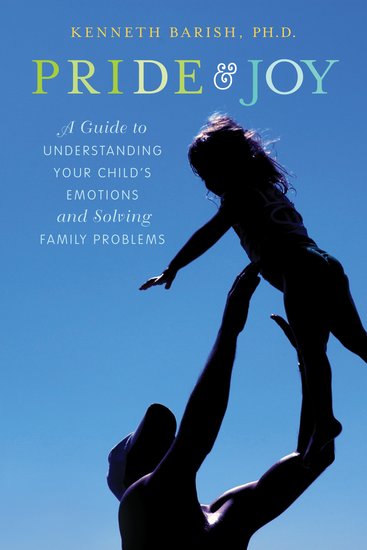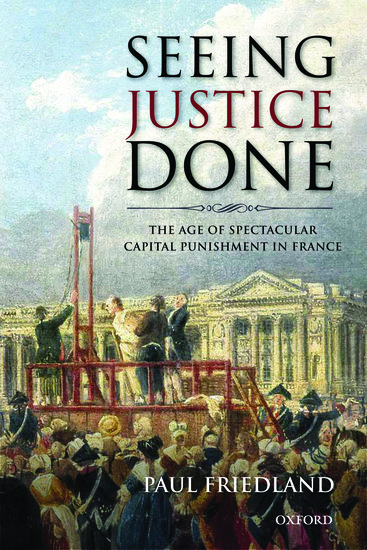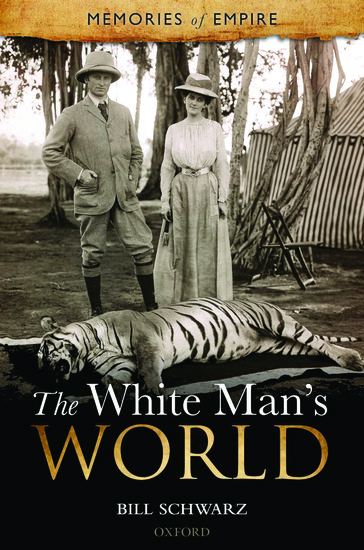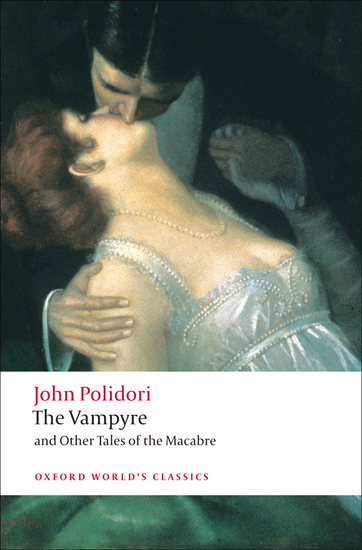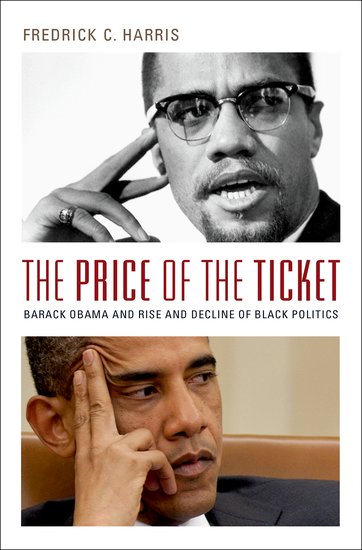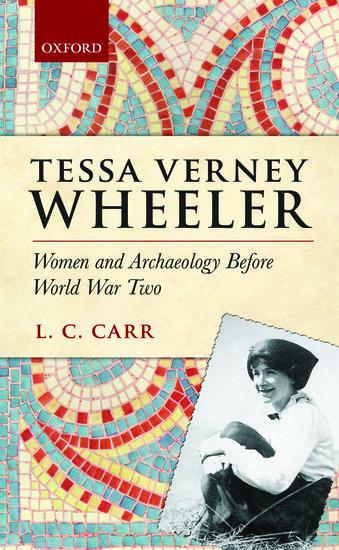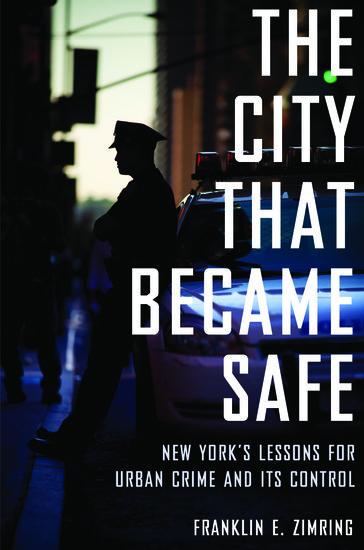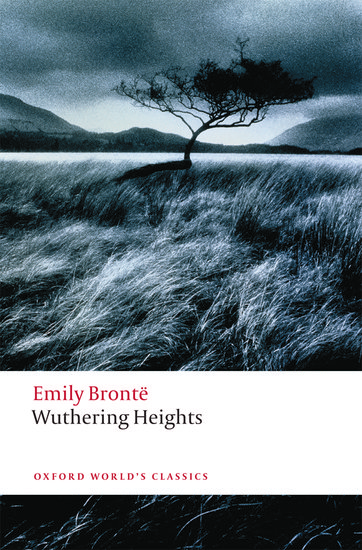Helping children learn to accept defeat gracefully
By Kenneth Barish
This Father’s Day, I would like to share some thoughts on an important aspect of children’s emotional development and a source of distress in many father-child relationships — winning and losing at games. Everyone who plays games with children quickly learns how important it is for them to win. For most children (and, to be honest, for many adults) these games matter. The child doesn’t want to win; s/he needs to win.

